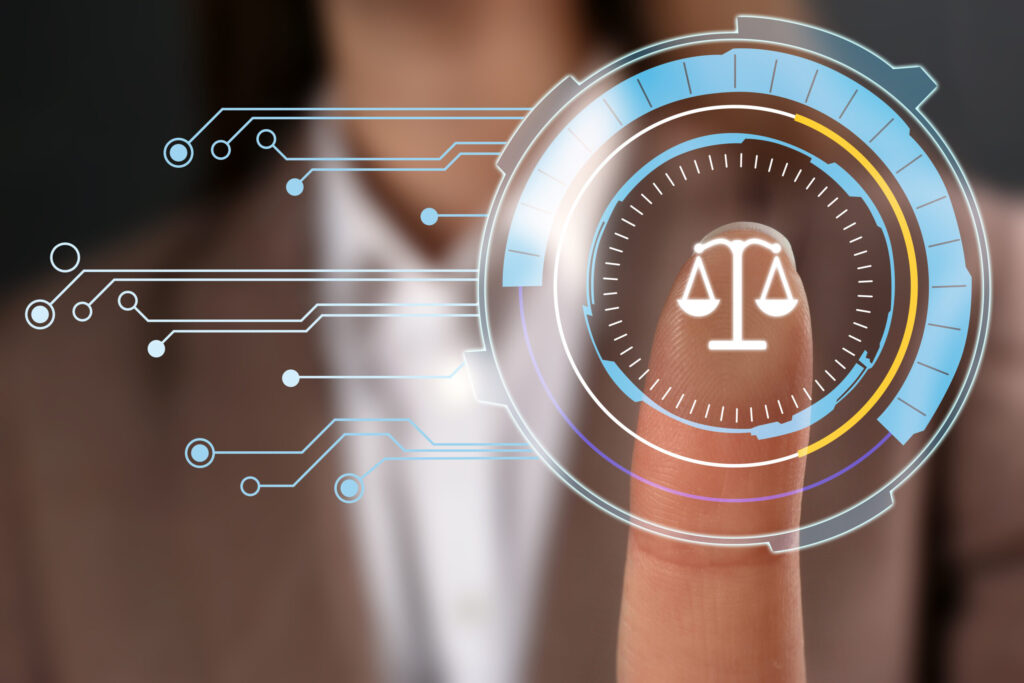Virtual Litigation in the COVID “New Normal”

From deposition to testimony to all aspects of litigation, the legal world and virtual world have finally collided. The COVID-19 pandemic has changed the landscape of a number of industries, and while the legal field has been slow to adopt new technology from a general standpoint, the “new normal” that we find ourselves in has forced its hand.
When the pandemic first started to really hit its peak, most criminal and civil proceedings were halted altogether. Nevertheless, now that the world is attempting to get back to normal these proceedings must undergo a major change. Some attorneys have been calling for this change for a number of years, asserting that many of these in-person meetings were simply unnecessary. Others, however, felt strongly that the courthouse is a sacred place that deserves the traditional in-person assemblies.
While a number of industries have transitioned seamlessly, the legal world has been forced to make some difficult decisions. As we have quickly come to learn, virtual litigation makes sense for a number of reasons. From judges and judicial personnel, from actual jurors to prospective jurors, from litigators to witnesses, and from staff to security – a great deal of people are involved in the law on a day-to-day basis. The shift from a traditional approach to a digital approach means getting a wide range of people to work together.
The most glaring benefits of virtual litigation during the pandemic are that it allows, for the most part, for a business as usual conduct of the law. Cases are able to be tried and hearings can move forward as scheduled. Counsel has been quick to adapt and to move cases along in a productive manner. However, there are certainly some drawbacks to consider, especially for practitioners who handle alternative dispute resolution (ADR). Using a virtual platform when matters are confidential lends itself to some tricky prospective issues.
There are a wide range of hiccups to consider when it comes to virtual arbitration. Some of the most notable things to think about beforehand include:
- Determining the location of the arbitration in writing, particularly when parties in multiple states are involved
- Consent of parties involved
- Recording of the hearing
- Technical challenges
From slow internet connections to issues logging in, there has certainly been a learning curve when it comes to shifting litigation to the virtual world. As we all work to keep ourselves and our families as healthy as possible during the pandemic, changes must be made to address safety concerns while still moving the needle forward on work-related matters.
At Ellrich, Neal, Smith & Stohlman, P.A., our firm’s litigation services department provides professional services to participants in the legal process. These services include forensic accounting, fraud detection and prevention, assistance with discovery matters, consultation, and expert witness testimony. We provide litigation services in both federal and state courts in a wide variety of cases including brokerage fraud, shareholder disputes, class action litigation, personal injury, marital dissolution, contract claims, business damages, lost profits, business and contract disputes and criminal cases.
We are happy to provide any of these services virtually, as we have done for a number of clients over the last several months. Contact our Miami or Palm Beach Gardens offices today to learn more.
